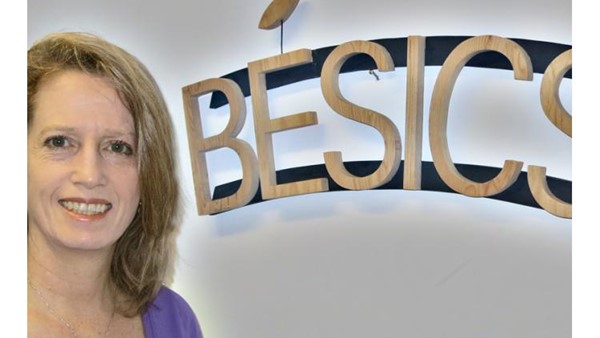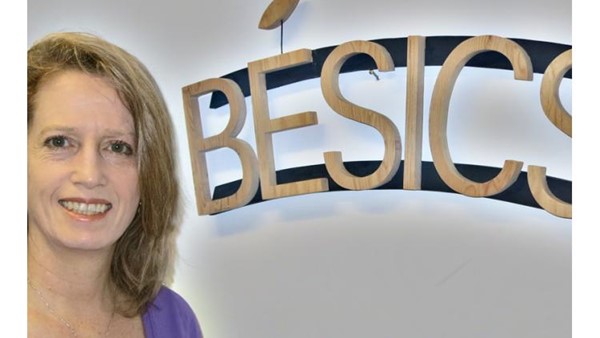$2,500 Scholarship Available – Growing Talent in Composting
November 18, 2014
EPISODE 1: Once Upon a Time… A Compost Story: How We Got To Here
July 15, 2015CEO Speaks! Testing Compostable Foodware and Building Industry Relationships at SUSTPACK 2015

Next week, our CEO Susanna Carson and Compost Specialist Emily McGill will be attending SUSTPACK 2015, a convergence of experts on all topics relating to packaging and sustainability, including compostables!
Susanna was interviewed by Packaging Digest about her talk and some critical questions about compostability and food ware.
Check out the article here or read the full text below!

Decisions about which packaging materials to use for your products continue to be influenced by sustainable strategies and goals. Compared to recyclable and/or recycled-content materials, compostable packaging often seems to be dismissed before really being considered.
But with a resurging interest in “bio” materials, packaging designers might want to take a second, closer look.
At the upcoming SustPack 2015 conference (Mar 31-Apr 2; Orlando, FL), Susanna Carson, president, BSIbio Packaging Solutions (previously “BSI Biodegradable Solutions”), will be presenting a case study of how one brand owner is working to bring stakeholders together to create solutions and improve material acceptance in a session on “Certification vs Collaboration: Securing End of Life Options for Compostable Packaging.” (see a summary of the 2015 conference by GreenBlue, here.)
Here, Carson remains optimistic on the future of compostable packaging and confronts the issue of certification head on.
What is the level of interest in compostable packaging materials in the U.S. today and why?
Carson: The highest level of interest is from the consumer. People are genuinely interested in doing better for themselves and their communities. The more that people (and science) learn about the long-term impact of packaging waste in our oceans and landfills, the more tired we are of being given convenience products that cause health and environmental problems down the road. We make brand choices when they fit and are affordable; and this consumer demand creates interest from corporations.
Compostable packaging is being driven largely by the consumer and adopted by brands who are listening to what consumers want. While interest is high, the use of compostable packaging materials is lower as companies work out issues of price, operational systems, disposal and facility acceptance and material performance considerations. No one wants to fail, so this takes time.
Why aren’t certifications enough to ensure end-of-life acceptance for compostable packaging materials?
Carson: Compostable packaging materials are the result of amazing technology. Plant-based materials and bio-polymers look, feel and perform just like conventional petroleum based materials, except that certified compostables won’t last for decades or centuries in the environment. The similarity in look and feel is a bonus for those of us who use the products—we get what we are used to. But it can make it hard for facilities to tell the difference between a non-compostable petroleum material, a greenwashed “biodegradable” non-compostable material and a certified compostable material.
Healthy compost is essential, so facilities may reject all materials (even certified compostable) out of a real concern that their compost will be impacted by the non-compostable.
Can you give us a preview of the case study you’ll be talking about at the SustPack 2015 conference and how successful the company has been so far?
Carson: I’m going to tell the story of Besics certified compostable consumer foodservice and food packaging products. Besics products have been on the market commercially since 2005 in Canada and as a retail line since 2010 in the United States and Canada.
Our brand promise is a quality service-ware product that doesn’t need to go to land fill or incineration, but what do you do when your compostable product can’t go to compost? At Besics, we decided to start a conversation…then we decided to get dirty and put our brand promise to the test. We built a research project, gathered partners and worked directly with facilities.
The result has been incredibly positive. Facilities better understand our products, their compostability and the integrity of the Besics brand. We better understand what facilities need in order to work with certified compostable packaging materials. We’re building tools to help with testing and assessment. In the end, we have the same goal—to create healthy compost for the North American landscape. Besics is one of a growing group of brands collaborating to make it happen.
